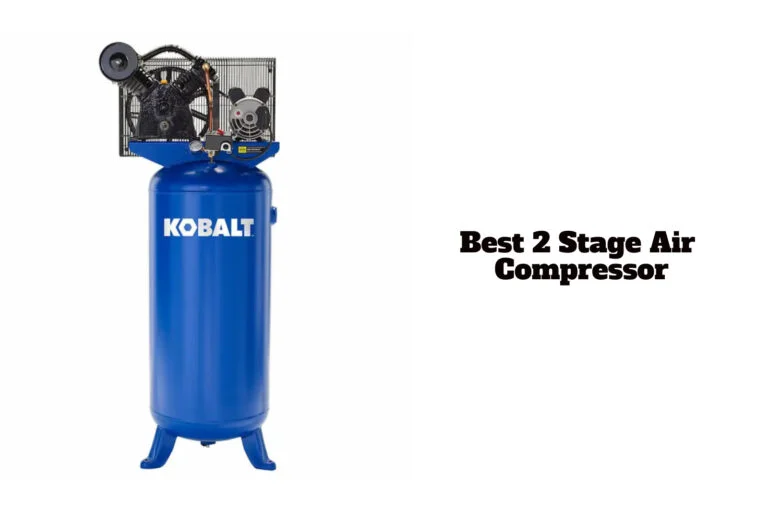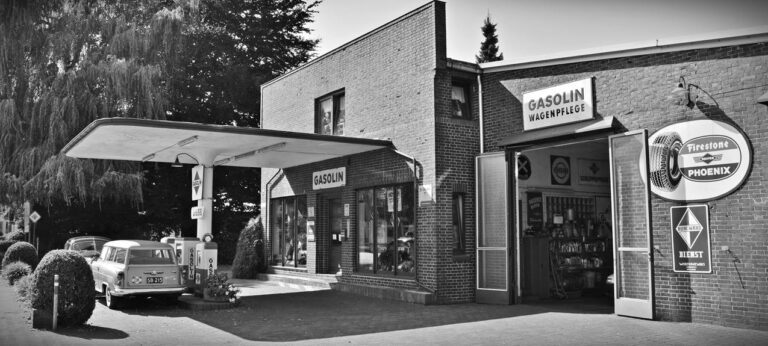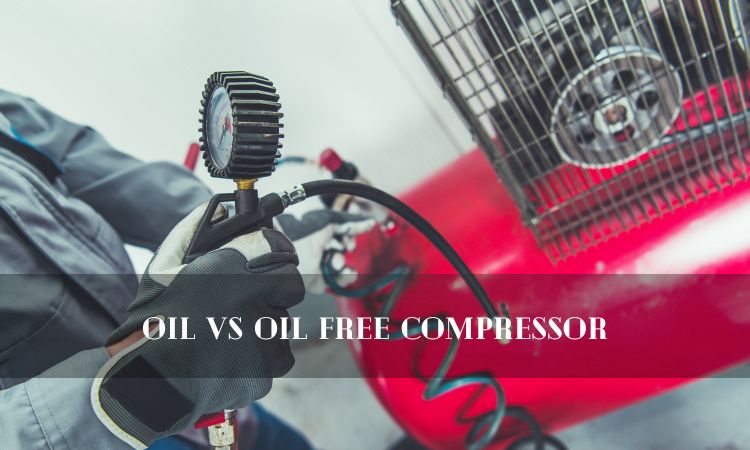Methanol Magic: Power and Cooling Combined
As the power and cooling dynamics of methanol injection gain credence, our understanding of its dual benefits evolves. This article delves into the science behind methanol, exploring its performance-enhancing and temperature regulating properties. We will analyze the practical implications of these functionalities and ponder upon future innovations. Prepare to immerse in the liberating world of methanol technology, where power and cooling coalesce seamlessly, promising a revolution in energy efficiency.
Key Takeaways
- Methanol injection enhances engine performance and increases fuel efficiency.
- Methanol's cooling effect reduces the risk of engine-damaging detonations and mitigates thermal stress on engine components.
- Methanol has a high octane rating and latent heat of vaporization, allowing for higher compression ratios and boosted ignition timing advance.
- Methanol's properties make it a cost-effective and environmentally friendly option for various applications, from transportation to power generation and heating.
Understanding Methanol: A Brief Overview
Wherein lies the significance of methanol as a potent source of power and cooling? The key to this riddle rests within the complex interplay of molecular properties and technological innovations. Methanol injection, a process that introduces methanol into an engine's intake stream, is a cornerstone application of this versatile compound.
The methanol injection kit usually comprises a high-pressure pump, a tank for the methanol, and a control system. The forced induction of methanol into the combustion process achieves two core objectives: power augmentation and thermal management. When methanol vaporizes, it absorbs heat, thereby reducing the intake charge temperature. This cooling effect minimizes the risk of engine-damaging detonations and enables higher compression.
Simultaneously, methanol's high octane rating and latent heat of vaporization enhance the power output by facilitating a more complete combustion of the fuel-air mixture. Thus, methanol serves as a two-fold boon – boosting power while mitigating thermal stress.
In essence, the liberation of methanol's potential via a methanol injection kit is a testament to the intricate dance of chemistry and engineering. It underscores the pivotal role of methanol in the technological orchestra that powers and cools our modern world.
The Science Behind Methanol Injection
Methanol injection, an advanced technique used in internal combustion engines, relies on the science of thermodynamics and chemistry. To fully appreciate its impact, we will explore the foundational principles of methanol injection, its advantages, and a comparative analysis with traditional cooling methods. This approach will facilitate a comprehensive understanding of the multifaceted role of methanol in power and cooling systems.
Methanol Injection Basics
Delving into the science behind methanol injection, we start with an understanding of its fundamental principles, which center around the enhancement of engine performance through the introduction of methanol into the combustion process.
- Methanol, being high octane and oxygen-rich, promotes more efficient combustion.
- It helps reduce intake air temperature, amplifying the efficiency of the performance intercooler.
- Methanol's physical properties allow it to absorb heat from the air, decreasing the need for performance intercooler piping.
- The introduction of methanol can also lead to reduced carbon deposits in the engine.
- Its high latent heat of vaporization makes it an effective anti-detonant.
As we delve deeper into the functionality of methanol, we start to uncover its numerous advantages. Join us in our next section as we explore the 'benefits of methanol'.
Benefits of Methanol
While the previous sections have provided an overview of methanol's role in enhancing engine performance, it is also crucial to understand the additional benefits that accompany its use, particularly within the realm of methanol injection.
| Benefits of Methanol | Details |
|---|---|
| Enhanced Engine Performance | Methanol facilitates complete combustion, resulting in increased horsepower and torque. |
| Improved Fuel Economy | Methanol's high oxygen content allows it to burn more efficiently, leading to better fuel economy. |
| Lowered Emissions | The clean-burning nature of methanol reduces carbon monoxide and other harmful emissions. |
| Cooling Effect | Methanol's high latent heat of vaporization provides a cooling effect, reducing the engine's operating temperature. |
| Cost-Effective | Methanol is significantly cheaper than traditional fuels, making it a cost-efficient choice. |
Understanding this, it becomes clear why methanol is a superior option. This will be further elaborated in the subsequent section about 'methanol vs. traditional cooling'.
Methanol Vs. Traditional Cooling
In the realm of engine cooling, the use of methanol stands in stark contrast to traditional methods, and this divergence arises primarily from the unique properties and behavior of methanol under specific conditions.
- Methanol, unlike traditional coolants, absorbs more heat due to its high latent heat of vaporization.
- Methanol's lower boiling point allows it to convert into gas quickly, further enhancing its cooling capacity.
- It exhibits a higher rate of heat transfer, providing a more efficient cooling system.
- When injected into the engine, methanol's evaporative cooling effect lowers air intake temperatures.
- The chemical structure of methanol allows it to bind with water, helping remove heat from the engine.
This cutting-edge use of methanol paves the way for the next discussion: the power boosting capabilities of methanol injection.
Power Boosting: How Methanol Injection Enhances Performance
By introducing methanol into the combustion process, performance of an engine can be significantly enhanced due to the substance's unique properties. Methanol's high octane rating and latent heat of vaporization enable it to act as a superior suppressant of detonation. This allows for higher compression ratios and boosted ignition timing advance, leading to a substantial increase in engine power output.
When methanol is injected into the intake air stream, it evaporates, absorbing heat from the surrounding air and significantly cooling the intake charge. This lowers the cylinder temperature, reducing the likelihood of detonation and allowing for more aggressive engine tuning. Additionally, the cooler intake charge is denser, enabling more air and fuel to be packed into the cylinder for each combustion cycle, thereby increasing the engine's power density.
In essence, methanol injection serves a dual purpose: it allows for both a significant increase in engine power and a reduction in thermal stress on engine components. It is a simple but effective method for boosting the performance of an engine, combining both power and cooling in a single package. This innovative approach liberates engines from their traditional limitations, further pushing the boundaries of performance and efficiency.
The Cooling Effect: Methanol's Role in Temperature Regulation
Methanol, beyond its role as a performance enhancer, functions as a key player in temperature regulation, particularly through its innate cooling mechanism. This mechanism, which we will examine in detail, enables methanol to absorb heat, thereby reducing temperatures within a system. The implications of this property, along with the benefits of temperature regulation achieved through methanol, form the crux of our discussion in this section.
Methanol's Cooling Mechanism
The unique cooling mechanism of methanol plays a critical role in temperature regulation, offering significant advantages in various applications. Methanol's cooling properties are derived from its physical characteristics and the principles of heat transfer.
- Methanol has a high heat capacity, enabling it to absorb more heat relative to its mass.
- It possesses a high latent heat of vaporization, meaning it can absorb substantial amounts of heat while changing phase from liquid to gas.
- Methanol's low viscosity allows it to circulate efficiently in cooling systems.
- Its low freezing point makes it effective for cooling applications in low-temperature environments.
- Methanol's high thermal conductivity allows for the rapid dispersal of heat.
These properties make methanol a key player in systems requiring effective temperature regulation.
Temperature Regulation Benefits
While methanol's cooling properties have been extensively studied, it is equally important to delve into the benefits associated with its role in temperature regulation, providing a comprehensive understanding of its application potential. Methanol, due to its high heat of vaporization, effectively absorbs and dissipates heat, a crucial factor in maintaining optimal operating temperatures in systems such as fuel cells. This characteristic offers significant advantages in efficiency and longevity of such systems. Moreover, methanol's low freezing point allows for superior temperature control in extreme conditions. Importantly, its use as a coolant reduces the need for mechanical cooling systems, leading to energy conservation and cost savings. This underlines the potential of methanol in creating sustainable, energy-efficient solutions.
Detailed Analysis: The Dual Benefits of Methanol
In this section, we will delve into an extensive analysis of the two-fold advantages of using methanol: its power generation capacity and its cooling properties. Methanol, a liquid chemical primarily produced from natural gas, has recently gained recognition for its potential in the power and cooling sector.
- *Power Generation*: Methanol is a versatile fuel that can be converted into electricity and heat, making it an excellent source for power generation. Its high energy density aids in producing a significant amount of energy, thereby reducing the dependency on traditional fossil fuels.
- *Cooling Properties*: Methanol's high latent heat of vaporization makes it an effective coolant. It absorbs heat while evaporating, providing efficient cooling.
- *Economic Benefits*: Methanol is a cost-effective solution compared to other energy sources, offering a financially liberating option to consumers.
- *Environmentally Friendly*: Methanol combustion produces less harmful emissions than traditional fuels, contributing to a cleaner environment.
- *Sustainable Production*: Methanol can be produced from renewable sources, ensuring a sustainable future.
Using methanol can liberate us from the shackles of conventional energy sources, providing a sustainable, economical, and environmentally friendly alternative. The dual benefits of methanol extend beyond merely power generation and cooling, offering a holistic energy solution.
Practical Applications: Methanol Injection in Everyday Use
How, then, can methanol injection be integrated into everyday use, and what practical applications might this versatile chemical serve in common scenarios? Methanol, with its unique cooling and power-boosting properties, can be a game-changer in various sectors, including transportation, energy, and manufacturing.
To better understand these potential applications, let's consider the following table:
| Application Area | Benefits of Methanol Injection |
|---|---|
| Transportation | Enhanced engine performance and increased fuel efficiency |
| Energy Sector | Reduction in greenhouse gas emissions and increased power generation |
| Manufacturing | Reduced operational costs and improved product quality |
| Domestic Use | Eco-friendly alternative for heating and cooling systems |
In transportation, methanol injection in engines can significantly improve performance and fuel efficiency. It cools the air intake, allowing more air and fuel into the cylinders, leading to more power output. In the energy sector, methanol can be used in fuel cells for power generation, reducing greenhouse gas emissions. In manufacturing, the cooling effect of methanol can enhance production processes, lowering operational costs. Lastly, in domestic scenarios, methanol can be used in heating and cooling systems as an eco-friendly alternative.
Indeed, methanol presents a viable solution for various challenges, paving the way for a more sustainable future.
The Future of Power and Cooling: Innovations in Methanol Technology
Through the lens of continuous technological advancements, the future of power and cooling is poised to be significantly shaped by innovations in methanol technology. Methanol, a renewable source of energy derived from biomass, is being increasingly seen as a game-changer in the energy industry.
The transformative potential of methanol technology lies in its multiple advantages:
- Efficiency: Methanol can be converted into electricity with high efficiency, reducing energy waste.
- Flexibility: It can be used in a variety of applications, from powering vehicles to heating homes.
- Sustainability: Methanol is a renewable resource, making it a more environmentally friendly option than traditional fossil fuels.
- Affordability: The cost of producing methanol is expected to decrease as technology advances, making it a more affordable energy option in the future.
- Storage and transport: Methanol is a liquid at room temperature, making it easier to store and transport than other alternative fuels.
Given these strengths, it is clear that methanol technology holds significant promise for the future. As we continue to push the boundaries of what is possible, the potential for methanol to revolutionize the power and cooling industry becomes ever more apparent.
Frequently Asked Questions
What Are the Potential Risks or Downsides of Using Methanol for Power and Cooling Purposes?
Potential risks of utilizing methanol for power and cooling encompass methanol's highly flammable nature, possible health hazards from exposure, and environmental concerns related to spillage, leaks, and improper disposal of methanol waste.
How Cost-Effective Is the Use of Methanol Compared to Traditional Power and Cooling Sources?
The cost-effectiveness of methanol as a power and cooling source depends on various factors like its production cost, infrastructure, and market price. Generally, methanol can be less expensive than traditional sources in certain conditions.
What Are the Environmental Impacts of Using Methanol for Power and Cooling?
Utilizing methanol for power and cooling can significantly lower environmental impacts, as it produces less CO2 emissions compared to conventional fuels. However, improper handling can lead to environmental contamination due to its toxicity.
Are There Any Notable Industries or Big Companies Currently Harnessing Methanol Technology?
Several significant industries, including automotive, maritime, and energy, are utilizing methanol technology. Major companies such as Volvo and Samsung Heavy Industries have integrated methanol-based solutions for power generation and cooling in their operations.
How Does the Process of Methanol Production Work and What Raw Materials Are Involved?
Methanol production involves a two-step process: Firstly, natural gas undergoes steam reforming to produce synthesis gas. Secondly, this synthesis gas is converted into methanol via a catalytic reaction under high pressure and temperature.
Conclusion
In conclusion, the dual functionality of methanol as a power booster and temperature regulator presents a compelling solution for energy efficiency and performance enhancement. Like a two-headed dragon, it breathes fire into engine performance while simultaneously cooling down potential overheating. As technological advancements continue to unfold, methanol's multifaceted role will undoubtedly play an integral part in the evolution of power and cooling systems.







